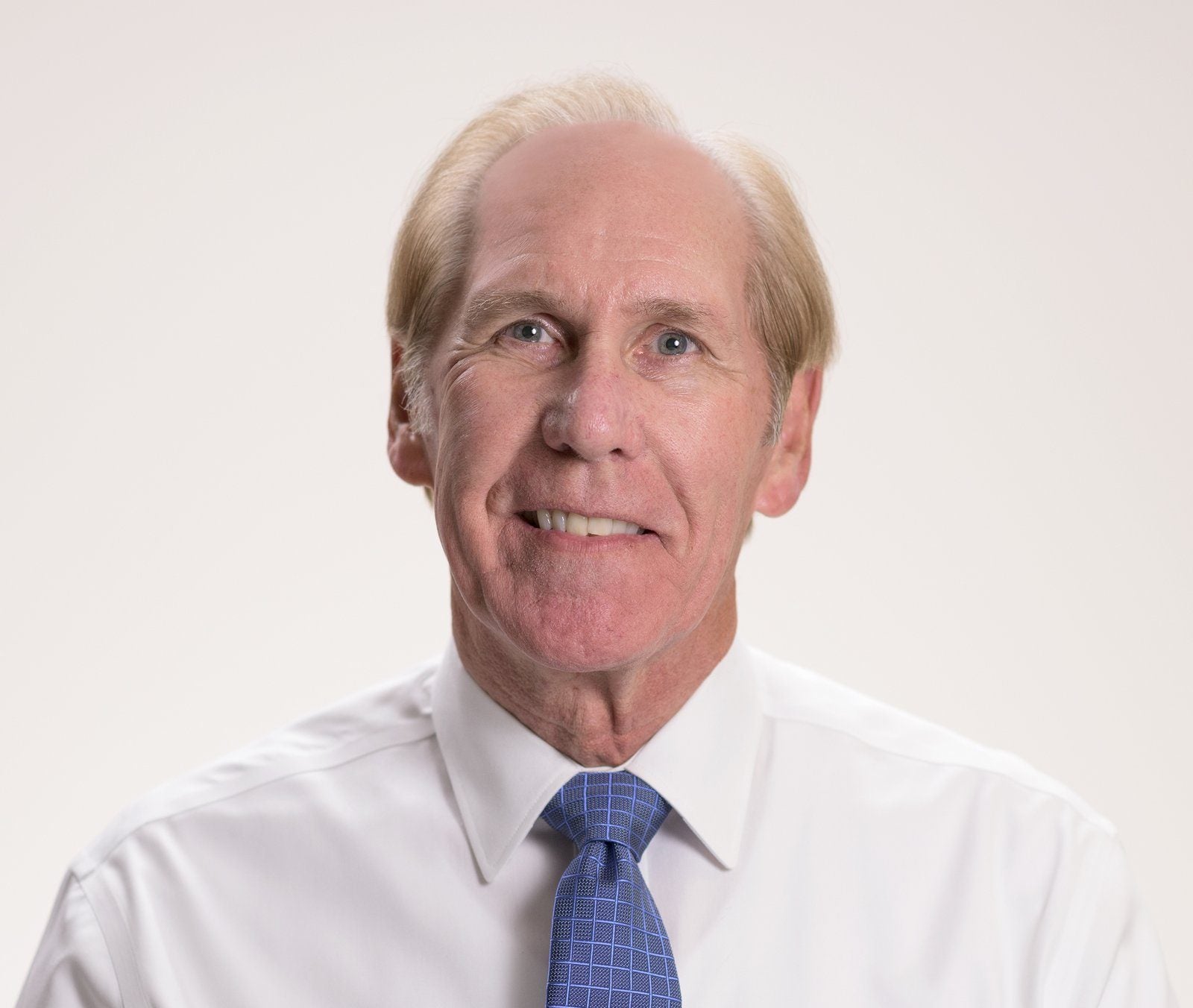MATHEWS: Painting the ol’ town with banners
Published 8:00 am Saturday, August 3, 2024

- The Rev. Mathews (BA, MDiv, JD) is a newspaper faith columnist and the author of Emerald Coast: The Vendetta. Write to her at Hello@RAMathews.com. (Just one t in Mathews) Copyright © 2024 R.A. Mathews. All rights reserved.
|
Getting your Trinity Audio player ready...
|
By R.A. Mathews
They called it “Painting the ol’ town red” when I was a youth minister — a joint, all-night, summer party for Christian youth groups.
On the designated evening, a gaggle of church buses, vans, and private vehicles would move as a caravan, going from one place we had rented to the next — the bowling alley, swimming pool, skating rink, and so on. We also ate together and had prayer and a Bible message.
The goal was for the kids to have fun, but it was bigger than that. I wanted the teens to discover those at their school and other schools who believed as they did: It’s all about Jesus!
What Christian schools take for granted isn’t available in many secular schools—a time to meet and celebrate the Lord. Scripture says, “As iron sharpens iron, so one person sharpens another.” (Proverbs 27:17, NASB) “And let us consider how to stir up one another to love and good works, not neglecting to meet together, … encouraging one another … ” (Hebrews 10:23-25, ESV).
United we’re stronger.
Fortunately, in 1990, the U.S. Supreme Court ruled that Christian clubs can meet in secular schools. Unfortunately, the Justices have been all over the place with other faith rulings. Perhaps because the truth is uncomfortable.
Jesus Is In the Constitution
The Founding Fathers struggled—after all, they were writing a document to create a nation. For instance, “slave” is not found anywhere in the U.S. Constitution. Instead, the phrase “Person held to Service or Labor” is there (Article IV, Section 2).
Why the odd wording?
Because part of the Founding Fathers opposed slavery, while over one-third owned slaves. So, isn’t it fair to say these men were precise in what they wrote?
The last line of the U.S. Constitution reads: “… by the Unanimous Consent of the States present the Seventeenth Day of September in the Year of our Lord one thousand seven hundred and Eighty seven … ” (emphasis added)
You see my point.
The Founding Fathers could have said “… the Seventeenth Day of September in the Year one thousand seven hundred and Eighty seven.” That would have been easy, leaving out “of our Lord.”
But they didn’t.
Lord means Jesus, our Savior.
If they fought over the use of the word “slave,” why not fight over Jesus as “Lord”? Because no one disagreed?
Dr. Jerry Newcome, writing for the Christian Post on Nov. 13, 2014, points out that this wasn’t a rudimentary closing line. There could have been disagreement. “The leaders of the French Revolution … changed their calendar a couple years after America’s Constitution, in order to explicitly repudiate Christianity, so that time would not be measured in ‘the Year of Our Lord.’”
Right now, every dated government document should end, “In the year of our Lord, (month and day), 2024,” just like the U.S. Constitution.
Any government book using the designation C.E. should be edited, since that’s unconstitutional. What does C.E. mean? The common era. That phrase was known in 1787, but the Founding Fathers dated from the year of our Lord — A.D.
All Sundays Were Excepted
The second reason we know the U.S. Constitution is a Christian document is that the Founding Fathers respected Sundays. They wrote:
“If any Bill shall not be returned by the President within ten Days (Sundays excepted) after it shall have been presented to him, the Same shall be a Law … ” (Article 1, Section 7)
Now, why would the Founding Fathers except Sundays? Why not Saturday? Or Friday? Because Sunday is the Lord’s Day.
They also wrote: “The Congress shall assemble at least once in every Year … on the first Monday in December” (Article 1, Section 4). Why not the first day of December? Because that might fall on Sunday?
The Constitution Decides
I remember an Indian doctor, a Hindu who worshiped many gods, telling me that it was unfair to have to live with the motto “In God we trust.”
The phrase “separation of church and state” is not in the U.S. Constitution, but the First Amendment assures that Hinduism and all faiths are free to flourish here. None must believe that Jesus is Lord.
However, nowhere does the Constitution grant a Hindu doctor the right to squelch the nation’s faith in the name of “fairness.”
Instead of squirming this way and that over Christian faith issues, the Justices need to state the obvious and grossly unfair truth to all protestors: The U.S. Constitution is a Christian document as expressly and repeatedly stated by the Founding Fathers. It created a Christian nation.
Should anyone want to amend it, fine. Until then, it stands.
I hope “Painting the ol’ town red” still brings Christian teens together. I also hope, from every post office to city hall, banners will bravely proclaim: “It’s all about Jesus!”
The Rev. Mathews (BA, MDiv, JD) is a faith columnist and the author of the Reaching to God series and Emerald Coast: The Vendetta. Contact her at Hello@RAMathews.com.
Copyright © 2024 R.A. Mathews. All rights reserved.





